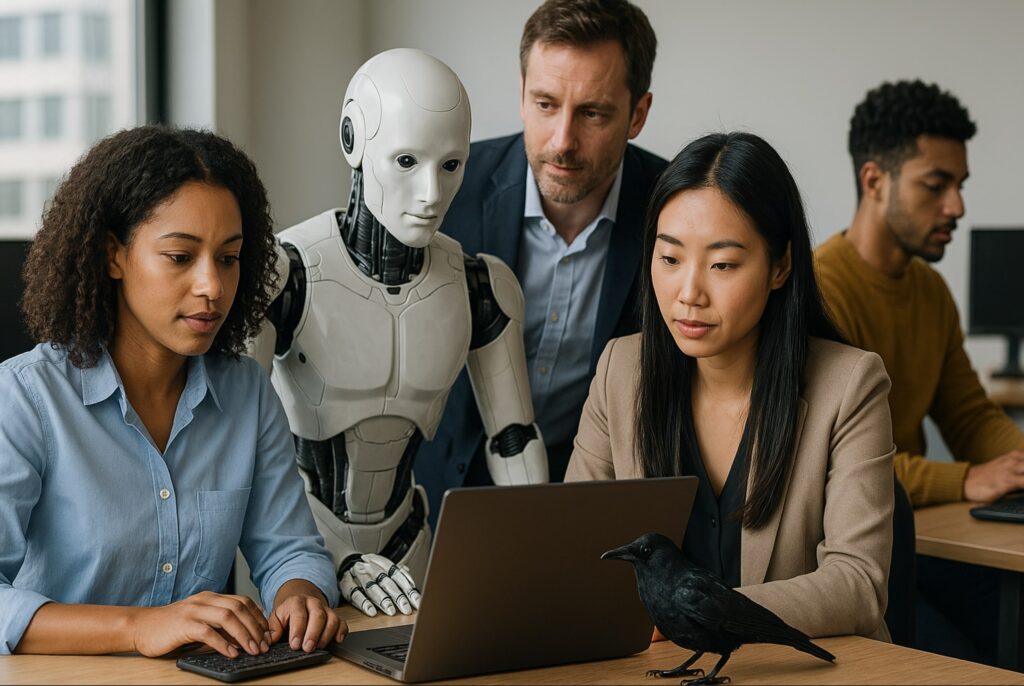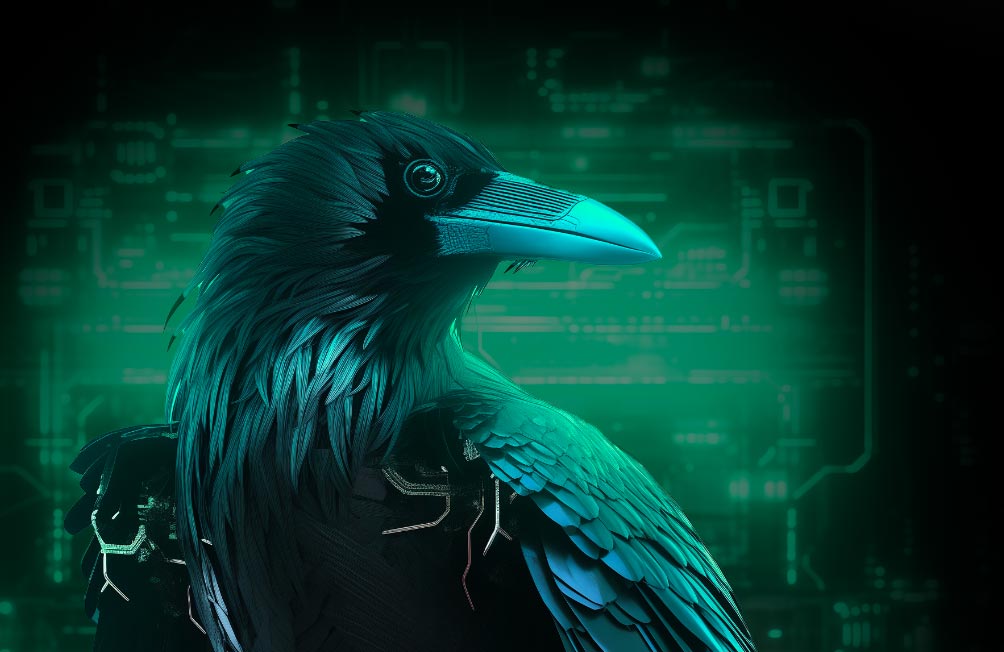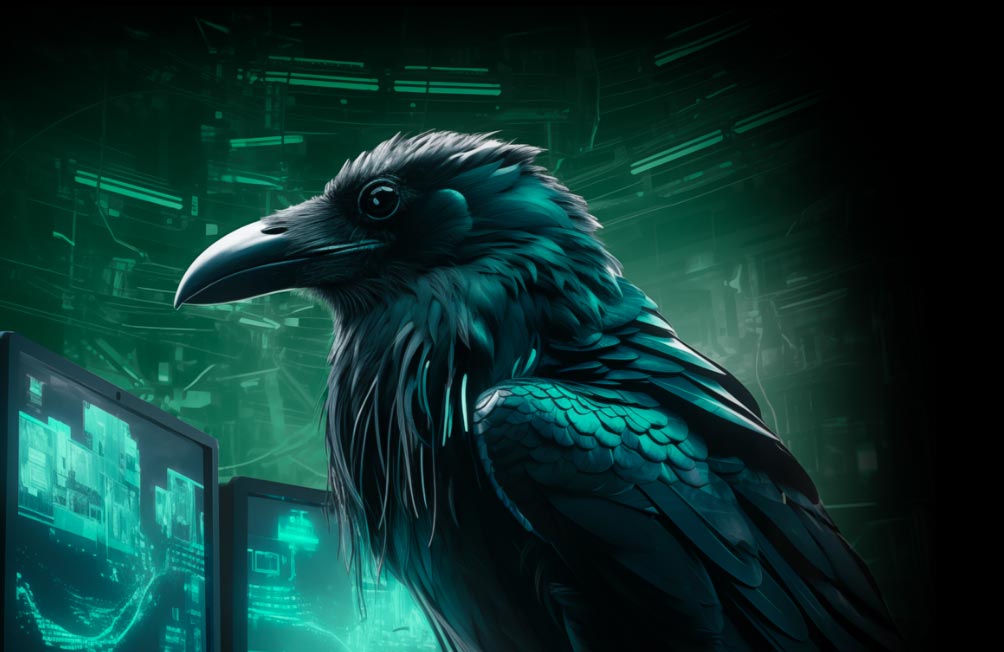The Future of Entry-Level Jobs in an AI-Driven Work Environment
AI can be a career accelerator! Entry-level jobs have long been a gateway to career growth, but AI rapidly changes traditional roles. Learn how companies and universities can ensure young professionals still get essential experience and innovate in the workplace.

AI is changing how people work, and as companies rush to integrate it, many people searching for entry-level job opportunities may be concerned. Entry-level roles have been a traditional starting point for those seeking to gain experience and establish their careers. However, with AI taking over many tasks, businesses, educational institutions, and training programs must rethink how they support early-career professionals.
For years, entry-level roles have provided professionals with exposure, training, and hands-on learning, but AI is rapidly shifting the nature of work. Tasks like data entry, scheduling, fundamental analysis, and customer service are being automated, creating uncertainty about how new employees will gain the experience needed to grow. Recently, Bloomberg wrote an article about a growing concern with AI leaving a gap in how professionals develop early in their careers.
LEARN: What Is Narrative Intelligence?
This shift challenges companies and organizations that prepare workers for the job market, including universities, technical schools, and vocational training programs. Some institutions are adapting quickly, integrating AI literacy into their curricula to ensure students and trainees graduate with the knowledge they need to work alongside AI. California State University, for example, has introduced OpenAI’s ChatGPT Edu to students and faculty, giving them access to AI-powered learning tools. Adelaide University is making AI and data literacy compulsory, ensuring that all graduates, regardless of discipline, understand how to navigate AI-driven workplaces.
Meanwhile, initiatives like the Connecticut AI Alliance bring together universities and industry leaders to conduct AI research, provide workforce training, and help students develop practical AI-related skills.
Some workforce development initiatives are stepping in to help those without formal degrees gain AI-related skills. These initiatives include boot camps, certification programs, and employer-led training initiatives, which equip workers with the technical and analytical skills they need to work effectively in AI-integrated roles. These programs provide an alternative path for workers who may not have a college degree but still want to compete for AI-enhanced jobs.
At the same time, employers must take responsibility for helping entry-level workers succeed in this new landscape. Transparency is critical because employees want to understand how AI will be used, what it means for their roles, and how it can help them do their jobs better. When leaders position AI as an enhancement to human capabilities rather than a replacement, it fosters trust and engagement. Organizations must also invest in upskilling programs focusing on skills AI can’t easily replicate, like critical thinking, strategic problem-solving, and relationship management. Instead of allowing AI to make entry-level jobs, companies should redefine these roles to focus on mentorship, decision-making, and hands-on learning, creating career pathways that develop well-rounded professionals.
AI doesn’t have to be a job-killer; it can be a career accelerator. When AI handles administrative work, employees can shift their focus to more strategic and creative responsibilities. Companies that integrate AI strategically can also provide early-career employees with exposure to multiple disciplines, rotating them across teams to develop broad, adaptable skill sets rather than limiting them to narrowly defined roles.
It takes an effort from employers, educational institutions, and training organizations to integrate AI successfully into the workforce. Companies must develop cultures where AI is seen as a tool for growth rather than a threat, ensuring employees feel supported as they adapt to new technologies. In turn, universities and workforce development programs must work with employers to provide their graduates and trainees are academically prepared and ready to succeed in an AI-powered job market. Without this collaboration, there’s a risk of a growing gap between what workers are taught and what companies expect from new hires.
The Way Forward: Takeaways for Organization Leaders
- Redefine Entry-Level Roles for the AI Age
Entry-level doesn’t mean expendable. Instead of automating these roles out of existence, reimagine them to emphasize mentorship, decision-making, and cross-functional learning. When AI handles the mundane, let humans grow through strategic, creative, and relational tasks—building career paths, not just job descriptions.
- Invest in AI Fluency Across All Levels
AI literacy isn’t just for engineers. Companies should ensure every employee, especially new hires, understands how to work with AI, not compete against it. From HR to marketing, cross-training on AI tools can foster a culture of innovation and adaptability—reducing fear and increasing trust.
- Build Ecosystems, Not Silos
Collaboration between universities, workforce programs, and private sector employers is no longer optional—it’s existential. Organizations must support initiatives that align real-world skills with fast-moving workplace demands. Companies partnering with educational institutions to create talent pipelines will future-proof their workforce and relevance.
AI isn’t going away, but neither are entry-level jobs. The key is striking the right balance. Companies that use AI to empower their teams rather than replace them will build stronger, more adaptable workforces. Organizations that embed AI literacy into their programs and cultivate real-world industry partnerships will set workers up for success, regardless of their educational background. The future of work isn’t about AI replacing humans. It is about AI and humans working together to drive progress. Companies, educators, and workforce development leaders who get this right will be more competitive in attracting top talent and creating an innovative, adaptable, and future-ready workforce.
- To receive a complimentary copy of The Forrester External Threat Intelligence Landscape 2025 Report, visit here.
- To learn more about how Blackbird.AI can help you in these situations, book a demo.
Christina Cherniawsky •
A results-driven Human Resources Business Partner with expertise across multiple HR functions, including talent development, performance management, policy development, succession planning, compensation, and recruitment strategy. Adept at leveraging centers of expertise to align HR initiatives with business objectives, this professional brings strong business acumen, strategic thinking, and the ability to drive insights through data and analytics. Skilled in navigating complex, matrixed environments, they excel in leadership, relationship management, and building global networks while maintaining resiliency in high-intensity situations. With a deep understanding of talent acquisition, employee relations, change management, workforce planning, compliance, employment law, system conversions, learning and development, and total rewards, they are well-versed in managing the employee lifecycle across startups, PEOs, and established organizations, ensuring confidentiality and excellence in HR operations.
A results-driven Human Resources Business Partner with expertise across multiple HR functions, including talent development, performance management, policy development, succession planning, compensation, and recruitment strategy. Adept at leveraging centers of expertise to align HR initiatives with business objectives, this professional brings strong business acumen, strategic thinking, and the ability to drive insights through data and analytics. Skilled in navigating complex, matrixed environments, they excel in leadership, relationship management, and building global networks while maintaining resiliency in high-intensity situations. With a deep understanding of talent acquisition, employee relations, change management, workforce planning, compliance, employment law, system conversions, learning and development, and total rewards, they are well-versed in managing the employee lifecycle across startups, PEOs, and established organizations, ensuring confidentiality and excellence in HR operations.
Need help protecting your organization?
Book a demo today to learn more about Blackbird.AI.



